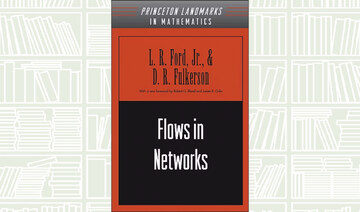If you’re looking for a book to whet your culinary curiosity and get the cooking juices flowing, look no further than the 2011 masterpiece, “An Everlasting Meal: Cooking with Economy and Grace.”
The book is a blend of practical cooking instruction and thoughtful reflections on food. It focuses not only on how to prepare meals, but on how to approach cooking with intention and care. It is about making the kitchen a place of creativity rather than just another chore.
Written by Tamar Adler, a former cook at the renowned restaurant Chez Panisse and a contributing editor to Vogue magazine, she blends both worlds well in the book. Her perspective is informed and deeply personal. And delicious.
The book is divided into thematic chapters that blend narrative storytelling with culinary advice. With a dash of fun.
In the aptly titled chapter, “How to Boil Water,” Adler starts with the basics, showing that cooking can begin with the simplest of ingredients: literally water, setting the tone for the rest of the book.
“There is a prevailing theory that we need to know much more than we do in order to feed ourselves well. It isn’t true,” Adler writes. “Most of us already have water, a pot to put it in, and a way to light a fire. This gives us boiling water, in which we can do more good cooking than we know.”
In “How to Teach an Egg to Fly,” she explores the versatility of eggs, demonstrating their power to transform simple leftovers into something egg-cellent.
Other chapters, with equally witty titles, provide ways to salvage dishes that may not have gone as planned.
Throughout the book, Adler gives practical tips on using whatever you have in the pantry or fridge, emphasizing her belief that almost everything can be used, and almost nothing should go to waste.
“An Everlasting Meal” is not just a cookbook or a book about cooking; it’s an invitation to slow down, pay attention and enjoy what we place on our plates.
Her prose carries a warmth and clarity that allows the reader to feel as though they’re being guided by a trusted and friendly friend through their kitchen as they prepare their next meal together.
























